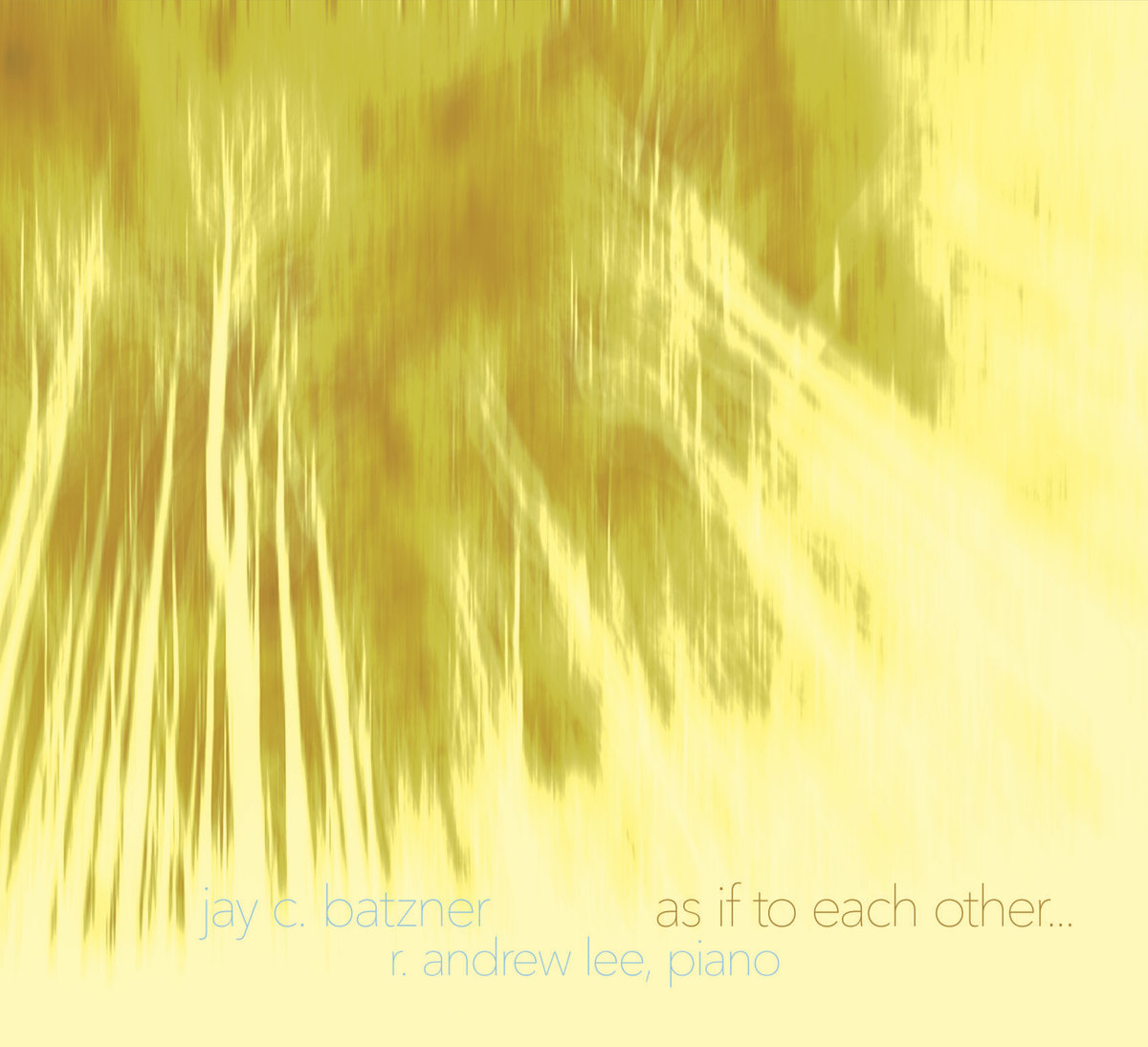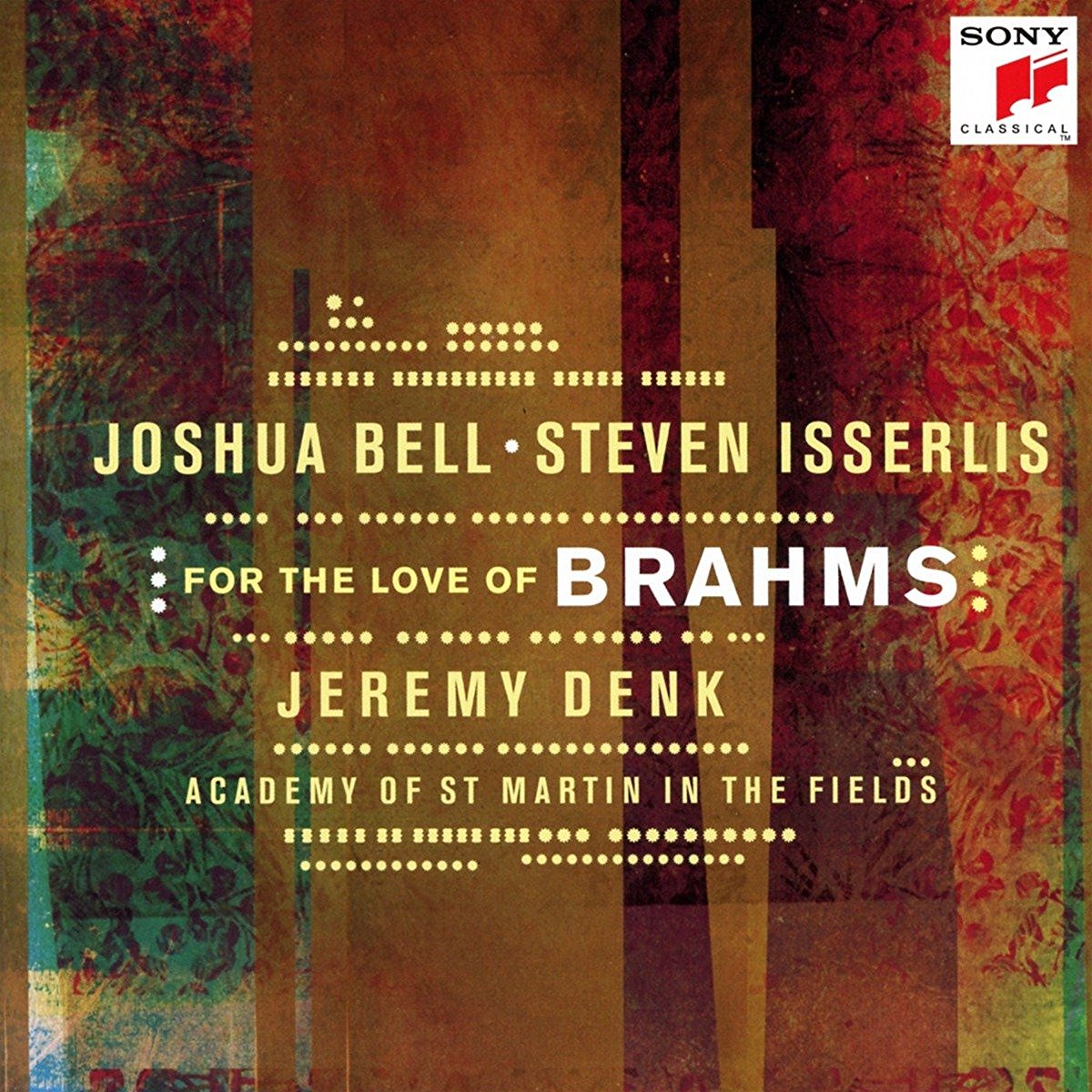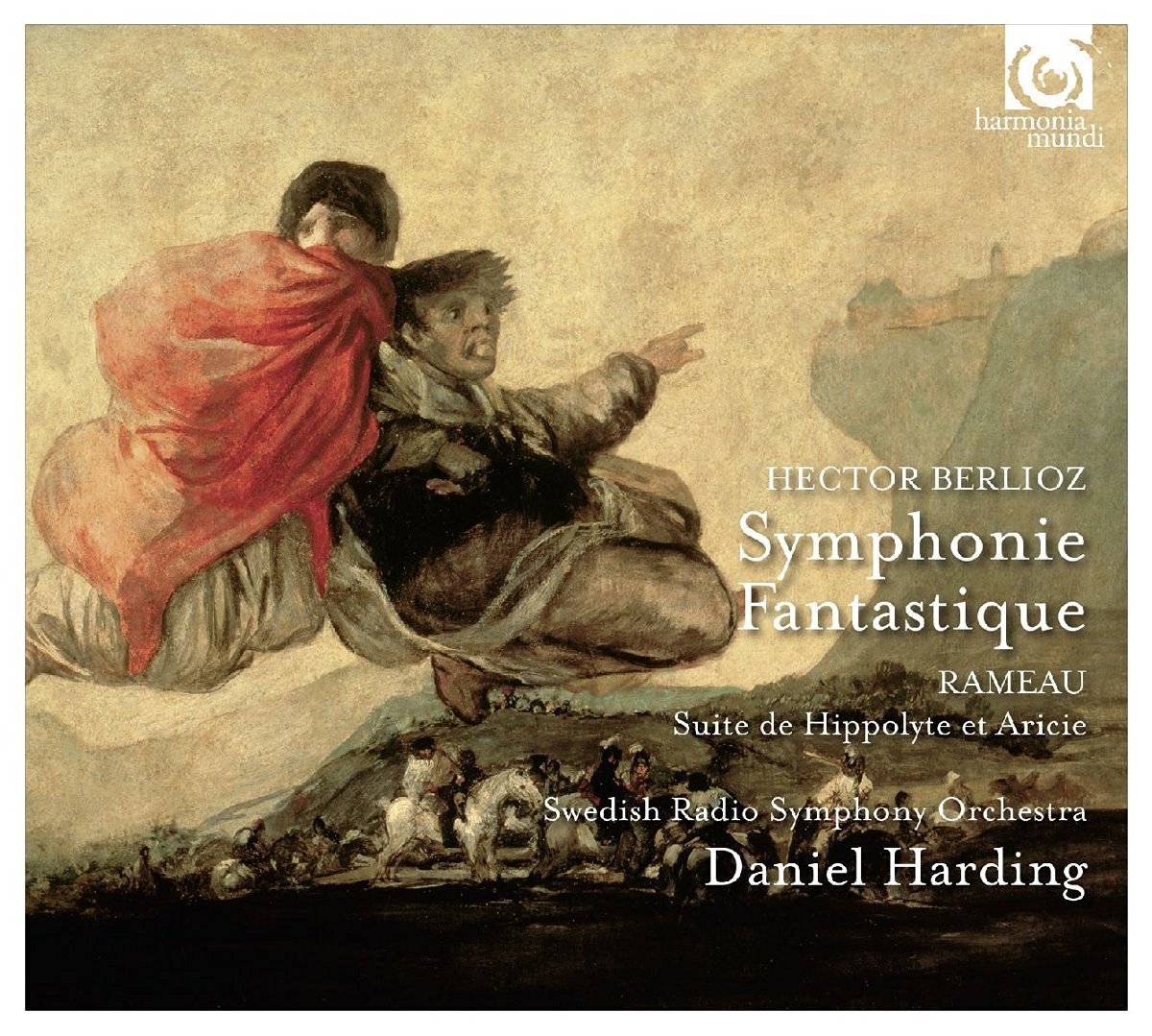The Philharmonia’s Sunday concert wasn’t quite the event they’d planned. Christoph von Dohnányi scored a hit last season with Schubert's Ninth Symphony, so his reading of the Eighth seemed an ideal way to begin. But Dohnányi withdrew early on, leaving the work in the less inspiring hands of Josep Pons.

 Jay C. Batzner: as if to each other… R. Andrew Lee (piano) (Irritable Hedgehog)
Jay C. Batzner: as if to each other… R. Andrew Lee (piano) (Irritable Hedgehog)

Call it re-analogification, de-digitisation or perhaps just plain reverse-engineering, Icebreaker’s set at Milton Court was all about reclaiming the electronic for hoary-handed instrumentalists. Their skills are well-honed: from Anna Meredith to Steve Martland to Kraftwerk, with an inspired side-order of Scott Walker, they conjured propulsive rhythmic lines and saturated layers of harmony from inauspicious sources – pan-pipes, soprano sax, a single cello, bass drum.

It's harder for young professional musicians to be judged in standard repertoire – the very greatest music, in short – than to make their mark tackling the unknown in a wacky venue. High levels of energy and technical skill married to interpretations with something to say are what it takes, and what we got from the London Firebird Orchestra last night.

With a trio of easy-on-the-ear 20th-century works, Thomas Søndergård marked his debut with the London Philharmonic Orchestra. A pleasingly full crowd took the opportunity to hear the work of a conductor rarely glimpsed in these parts outside the BBC Proms. His appearances there in charge of the BBC National Orchestra of Wales have given the impression of a contented, highly competent musician, at ease both with the players before him and the scores on the music stand.

Bruckner’s Third Symphony doesn’t so much begin as become audible. A steady heartbeat in the bass, oscillating violas lit from within by clarinets, and in the middle, slowly pulling clear of the texture, the proud, sombre trumpet motif to which Wagner himself agreed to attach his name.

 Brahms: Double Concerto, Piano Trio No. 1 (1854 version) Joshua Bell (violin and director), Steven Isserlis (cello), Jeremy Denk (piano), Academy of St Martin in the Fields (Sony)
Brahms: Double Concerto, Piano Trio No. 1 (1854 version) Joshua Bell (violin and director), Steven Isserlis (cello), Jeremy Denk (piano), Academy of St Martin in the Fields (Sony)

His transformational Brahms series with the Scottish Chamber Orchestra may have been truncated by slipped disc troubles - he was much missed at Glyndebourne too - but Robin Ticciati is back with renewed energy and purpose. To judge from the brilliant but focused party they seemed to be having with Mozart's "Jupiter" Symphony last night, the players are as overjoyed as he is.

For a BBC Radio 3 lunchtime's hour of music, cellist Steven Isserlis's latest collaboration with that most individual of pianists Olli Mustonen went astonishingly deep. The surprises were equal in its two halves - the first a through-conceived programme of shortish late Schumann pieces plus a Schumann homage composed by Mustonen the composer for Isserlis and poetically embedded in the sequence; the second an interpretation of Prokofiev's late Sonata for Cello and Piano which scotched with high, focused drama the usual claims that this is a light and simple work.

 Berlioz: Symphonie Fantastique, Rameau: Suite de Hippolyte et Aricie Swedish Radio Symphony Orchestra/Daniel Harding (Harmonia Mundi)
Berlioz: Symphonie Fantastique, Rameau: Suite de Hippolyte et Aricie Swedish Radio Symphony Orchestra/Daniel Harding (Harmonia Mundi)

